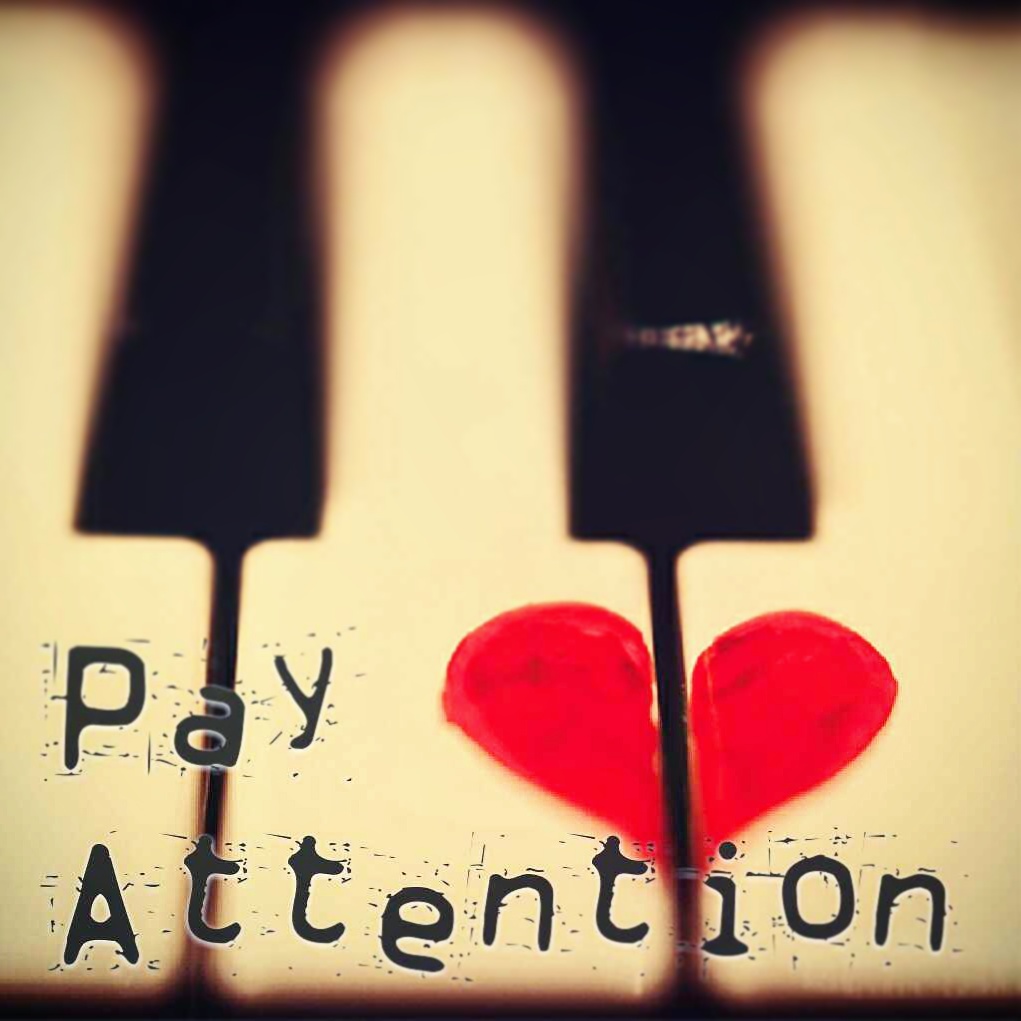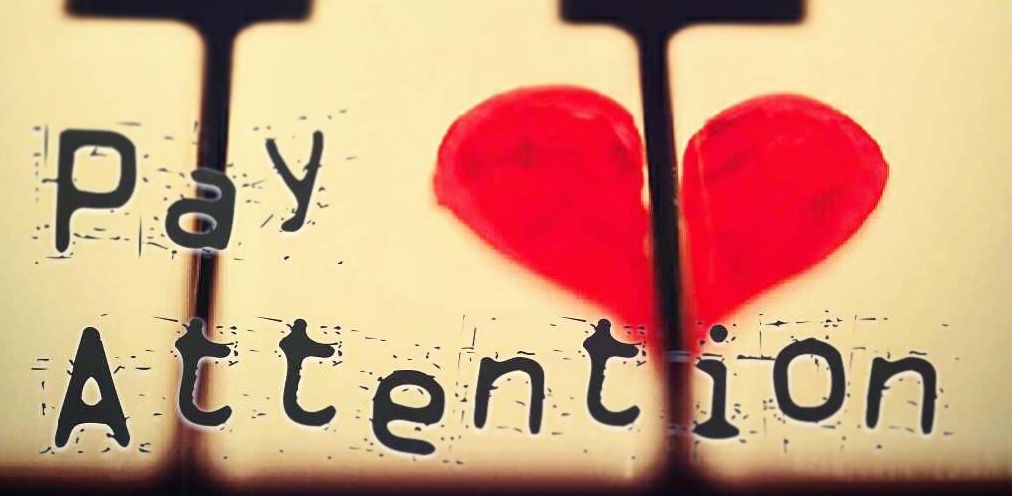Over the years as a performance artist, I have learned that the most important factor in a good performance is paying attention, wholly and fully to every action you make and your audience’s response simultaneously. This means being vulnerable, showing up fully to your performance by committing to every action, and also being conscious those actions and the effects they have on others.
This takes profound focus and concentration to do. We spend so much of our lives simply walking around the world, living in our heads all day, in a habituated state of consciousness. Been fully aware of everything around you is not always great, and can create anxiety, so this is not entirely a bad thing. WE need to habituate to our surroundings or we would be overstimulated very quickly. However, on stage, being open to and conscious of every feeling in your body, emotion, action and sound is the basis of a good performance.
How do you invite interaction and be fully integrated in your own awareness, offering a fully whole self?
Awareness and attention to details takes an enormous amount of practice. You won’t cure attention deficit disorder if you have it but, there are ways to start paying more attention and get more of yourself to be present in your actions.
You must learn to pay attention to your attention.
But how?
Through consciously watching yourself and listening to when you are paying attention and when you are not.
I became aware of how little I was paying attention when I started learning the French language. The repercussions of not being aware in any given moment when listening to another language are very apparent if attention lapses. It was just impossible to understand without a full grasp of the details. The anxiety was getting in the way. It would interrupt my stream of consciousness with shame and guilt, because when learning a language in a foreign country there is so much fear of the unknown. This is also where it became apparent that there are differences between paying attention to one person versus a small group of people. And again it would differ in a large crowd, in a bar, with music and other distractions taking up more focus.
It is also different than paying attention my body, my thoughts, the task at hand and myself as a whole.
Habituation can help. When you have already assimilated the feelings and thoughts of a room or environment before having to give attention to a specific task, then you can more easily pay attention to the task or to others. This is why dress rehearsals on the stage you are using is of vital importance. Without this, you will be distracted. Psychologists estimate that a test taken in the same room you studied in will increase your score – and those studies seem analogous to the experience of performing on the same stage as you rehearsed.
Attention is an endurance game. New ideas require more attention and are more tiring. Things you know and understand take less conscious awareness and therefore automation takes over and then requires less energy.
If you have attention issues then it is helpful to find games you enjoy so you can play with your attention and create some endurance with it. It is possible to transfer the skills of attention from one task into other tasks. Using habituation helps – always paying attention to how you place items around the house means you spend less time searching for your keys and your wallet every day.
If you are able to extend your attention, and you can extend that to your conversations, your performance and your life, it will make people around you feel more respected, heard and validated. You will have a deeper integration of yourself into your life, and your performance on stage or in your daily life, will improve.



Recent Comments